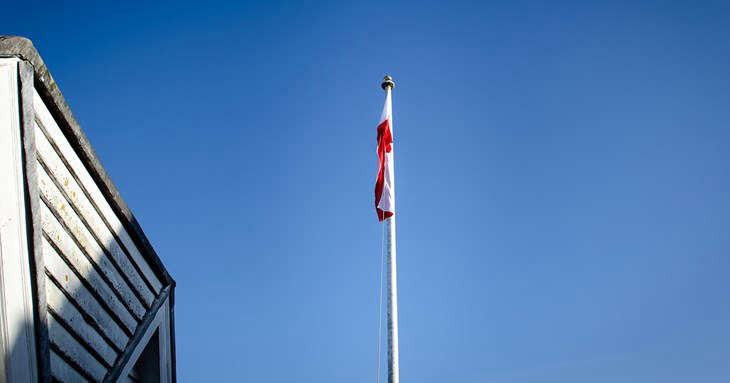
Exeter has paid tribute to the brave Polish airmen who defended the city during the Second World War.
In a moving ceremony, the Polish flag was raised above Exeter’s historic Guildhall on Friday morning (15 November).
The flag was hoisted high above the city to commemorate the significant role that 307 Squadron played in protecting the city during the conflict.
Attending the ceremony were the Lord Mayor of Exeter, Cllr Kevin Mitchell, and the Chief Executive of Exeter City Council, Bindu Arjoon. Also present were Exeter MP Steve Race, the Polish Defence Attaché, the Honorary Consul for South West England, and members of the Polish community.
The remarkable story is currently being told at the Guildhall in a two-day exhibition – Night Fighters: The Story of 307 Squadron.
The Squadron was stationed at Exeter Airport during the war and helped prevent Exeter from being destroyed during the Blitz on the city in 1942. Their efforts saved the lives of many people in the city.
Formed in August 1940, No. 307 Squadron was made up of Polish pilots and ground crew who had escaped Nazi-occupied Poland.
Many of these airmen had already seen combat during the invasions of Poland and France, bringing invaluable experience and tenacity to the Royal Air Force (RAF).
During the war, Exeter became one of the cities targeted in the Baedeker Blitz, a German bombing campaign aimed at England’s historic and culturally significant cities.
In 1942, this campaign brought devastation to Exeter, with waves of Luftwaffe bombers aiming to inflict psychological damage on the British public by targeting places of heritage.
It was during this period that 307 Squadron, stationed at RAF Exeter, took up the task of defending the city from further destruction.
Flying night-time patrols, the squadron faced the immense challenge of intercepting enemy bombers under the cover of darkness.
Through their dedication and skill, 307 Squadron thwarted numerous bombing raids on Exeter and prevented further losses. Their success helped to protect the city’s historic buildings, reduce civilian casualties, and maintain morale during a difficult chapter in the city’s wartime history.
For more information, follow the 307 Squadron Project on Facebook: facebook.com/307SquadronProject

 Communities in Exeter get ready for the Great British Spring Clean
Communities in Exeter get ready for the Great British Spring Clean
 Police appeal for information regarding an assault in Exeter
Police appeal for information regarding an assault in Exeter
 Overnight closures are planned at Cowley Bridge
Overnight closures are planned at Cowley Bridge
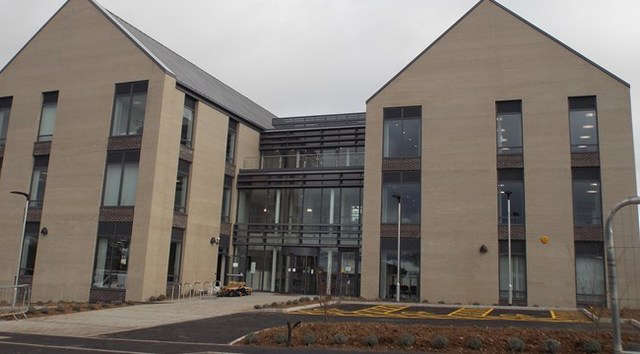 Cash crunch fears if council overhaul delayed
Cash crunch fears if council overhaul delayed
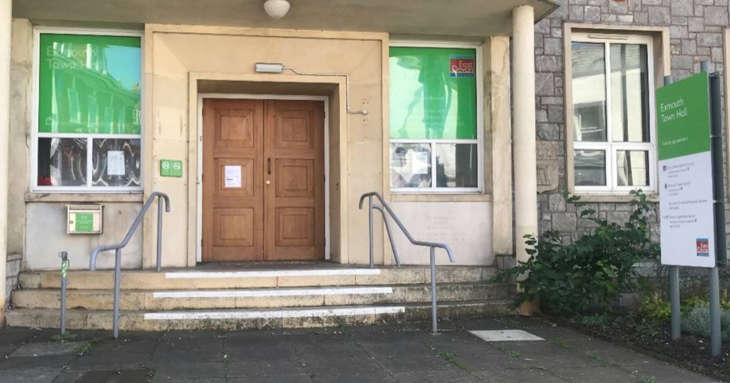 Exmouth Town Council to enhance Town Hall as a space for the community
Exmouth Town Council to enhance Town Hall as a space for the community
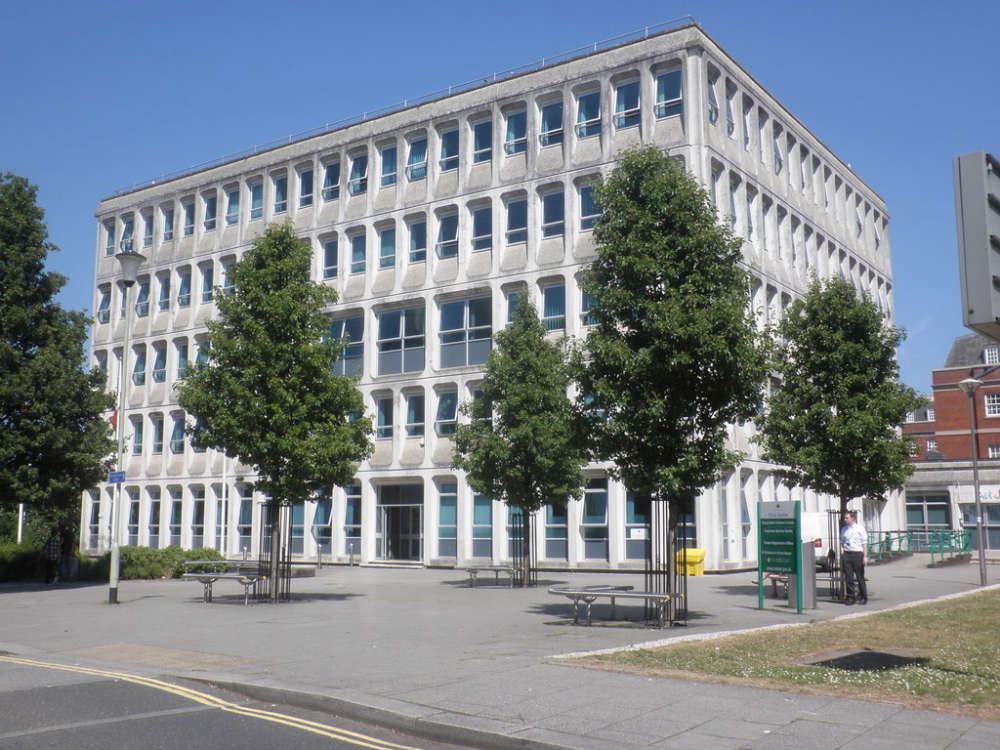 Councillors set balanced budget to deliver key priorities in Exeter
Councillors set balanced budget to deliver key priorities in Exeter
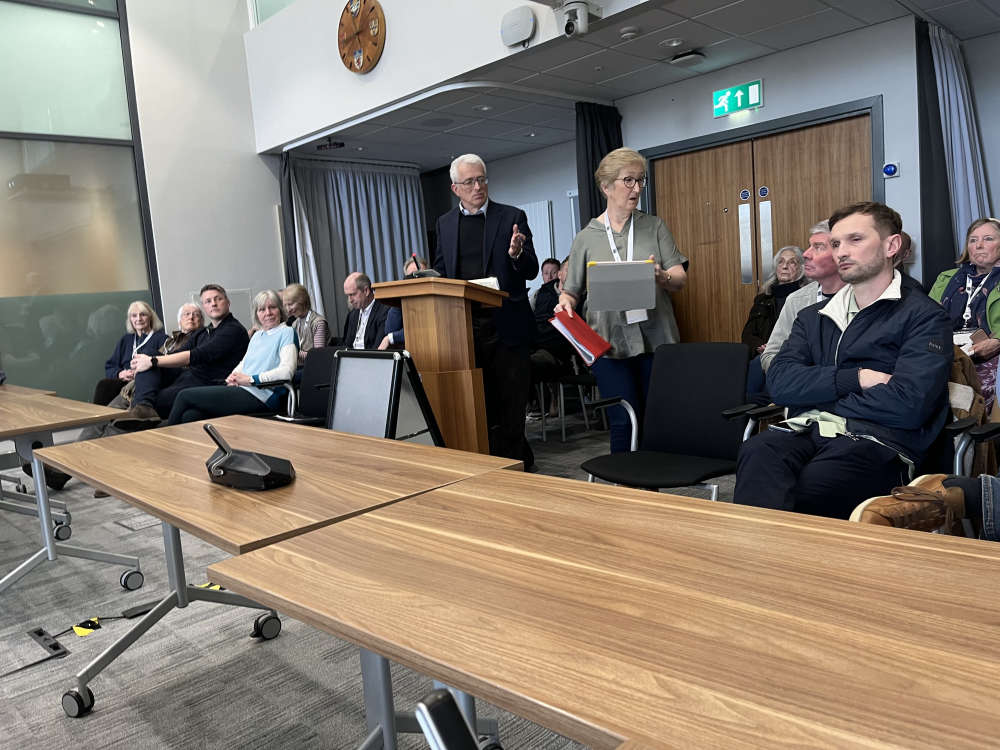 Raceway’s bid for more karting days stalls as campaigners nab poll position
Raceway’s bid for more karting days stalls as campaigners nab poll position
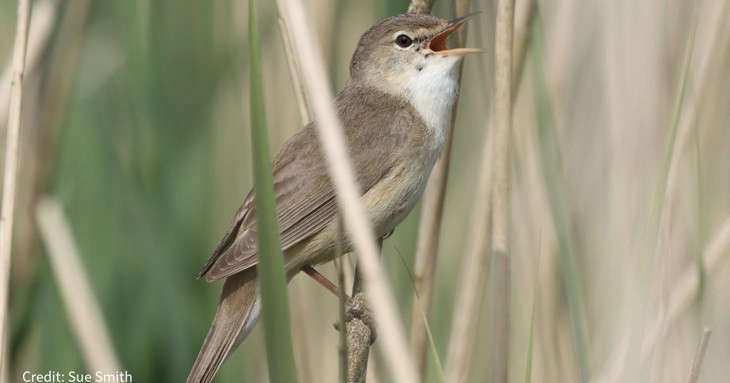 Bird Ringing Breakthrough: East Devon Warbler Rediscovered in Africa
Bird Ringing Breakthrough: East Devon Warbler Rediscovered in Africa











